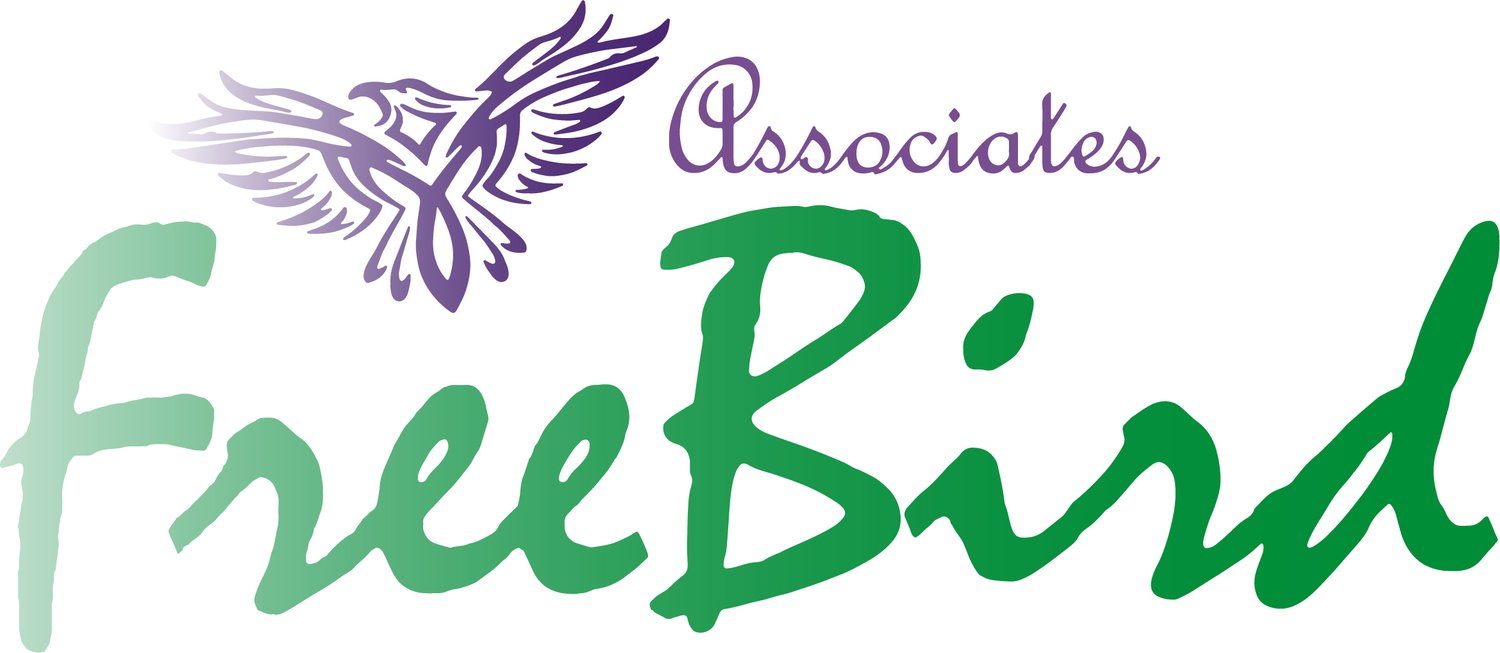Wednesday 2nd November is National Stress Awareness Day and it also just happens to be the launch of the Resilient You programme that FreeBird Associates are delivering in partnership with Core Health Cornwall and CAHSC (Cornwall Adult Health & Social Care Learning Partnership). It's an exciting time and we hope that by helping managers and leaders within Health and Social Care build their resilience, they will be able to manage their stress more effectively.
Whilst we have been writing the programme I have been reflecting on where I sit, or stand, with regards to my own resilience. Yes, I know the models and the theories, but what does it mean to me on a day to day basis? What does being resilient look like and do I practice what I preach?
Maddi & Khooshbaba (2005) suggest that resilience is the attitudes and skills we use to manage those situations that evoke a stressful response, that it enables us to survive, or even thrive, under the stress we are experiencing. Neenah & Dryden (1999) are of a similar thought, describing resilience as a set of cognitive, behavioural and emotional responses to acute or chronic adversities.
I seem to have had more than my fair share of adversities this year; the last seven months in particular would not have looked out of place on the set of Eastenders (although I prefer Emmerdale myself). I have cried, screamed and sobbed uncontrollably, shouted, been so angry that every fibre in my body has been on fire and, on the worse days, just wanted to hide under the duvet and stop the world going round. Does that mean I'm not resilient? Of course it doesn't, although I'm guessing you would expect me to say that. But really? As humans we are emotional beings and of course we are going to feel stressed when awful things happen to us; we are not robots. We do however, have a choice how we respond to it. As Epictecus put it " it's not what happens to you, but how you react that matters. When something happens, the only thing in your power is your attitude toward it; you can either accept it or resent it."
Easier said than done! However, Robertson &Cooper identify a group of four attributes that help us build our resilience so that we can take a deep breath and and accept the rubbish that may be happening to us, leading to an ability to respond in a way that is positive for our well being. The four identified attributes are, confidence, social support, adaptability and purposefulness.
Thinking about my own resilience I can certainly identify the influence of those attributes in how I have managed my stress. People often think I am a confident person, but truthfully I do a mighty fine duck impression,( swan sounds far too glamorous); paddling furiously underneath the water but appearing to swim along effortlessly. What I have done is develop an ability to appear confident and sometimes, I even believe it myself. I'll have a go at something and with each small success my confidence grows. I also have confidence to get things wrong and to try and think about things from others’ perspectives.
My social support is not massive, but essential. My friends and colleagues have cried with me, hugged me and punched me on the arm when I've been a drama queen. One even bought me a badge with ‘Drama Queen’ on it. It's not about sharing everything; believe it or not I'm quite a private person, but it is about recognising that sometimes we need help, and accepting that help in what ever format is right for us.
If we are rigid in our approach then we will always give or receive the same reaction. A colleague once said to me 'lean into the discomfort' and I think this fits well with adaptability. I found that by leaning into the discomfort, I accepted what was happening. This did not mean that I just lay down and allowed things to happen, far from it, but it enabled me to respond in a way that was most appropriate for me.
Finally, in considering the attribute of purposefulness, I am reminded of what my business partner at FreeBird calls me - Mrs Practical. Whenever I am feeling overwhelmed I plan. I think about what it is I want to achieve and working within my confidence, my social network and being prepared to change the way I do things, I have a sense of what it is I need to do, I have my purpose. So yes, without a doubt I use those attributes to manage my stress and yes I do think I am resilient, I'm still here aren't I?
References;
Maddi S R and Khoshaba D M (2005), Resilience at Work: How to Succeed No Matter What Life Throws at You”, AMACOM, New York.
Neenan, M., & Dryden, W. (1999). Rational emotive behaviour therapy: Advances in theory and practice. London: Whurr Publishers.

